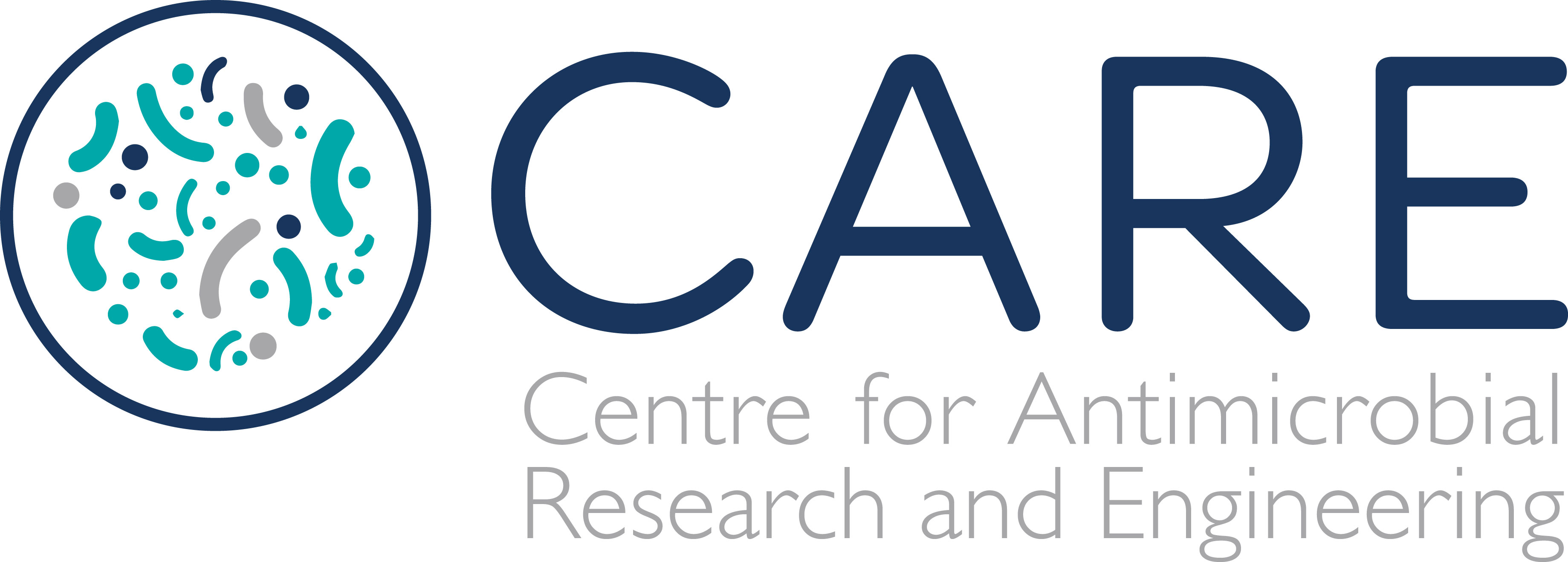This interview introduces Beyond Antibiotics researcher, Prof. Jenny Rohn, who is developing organ-on-chip models for antimicrobial testing and leading the public engagement efforts.
Who are you?
I’m a Professor and Head of the Centre for Urological Biology in the Division of Medicine at University College London. I run a laboratory which aims to understand bladder disorders, primarily urinary tract infection (UTI), and to leverage this information to come up with better diagnostics and therapies for UTI. I’m also the Chief Scientific Officer of AtoCap, a UCL spinoff company developing exciting new treatments for bladder disorders. Alongside my science, I contribute significantly to UCL’s teaching mission, am active as a UCL media expert on infectious diseases in both broadcast and print, and enjoy taking part in scientific public engagement and communication.
What’s your background?
I was born and raised in the United States and received my PhD in Microbiology from the University of Washington in Seattle. I moved abroad for my first post-doctoral fellowship and never went back. Since then, I’ve led research in both the UK and the Netherlands and have worked in both academia and industry on a diverse portfolio of research spanning different topics and disciplines. The common theme is trying to improve the lives of patient through better scientific understanding and translational application of those findings.
What are your current research interests?
With 150 million cases annually, UTI imposes enormous economic and healthcare burdens, and is a key contributor to the global antimicrobial resistance (AMR) crisis. This issue is exacerbated by the fact that one in four infections recur despite antibiotic treatment, meaning that courses of treatment are given again and again, sometimes for many years. There is therefore an urgent need to better understand UTI so that more effective treatments can be developed.
I collaborate closely with clinicians, engineers, materials scientists, basic scientists, patient groups and industrial partners to improve the treatment outcomes for urological diseases including recurrent urinary tract infection (and more recently, bladder cancer). My research interests include antimicrobial resistance; host/pathogen interactions; pathogen genomic variation in vivo; biofilms; novel drug delivery systems; novel point-of-care diagnostics; tissue engineering; innate immunity and urothelial biology and urothelial cancers. It’s a very exciting time to be working on urinary tract infection because the field has recently exploded with lots of new research groups attracted by the genuine unmet patient need and the fascinating biology of the interaction between UTI bacteria and the hosts they infect. We have a number of vital research questions ongoing in the lab and a fantastic team of people grappling with them.
What’s your interest in AMR?
The futile cycle of treating UTI with suboptimal antibiotic therapy fuels the AMR crisis, which the WHO has identified as one of the greatest threats we face as a global community. While COVID has distracted the world, the continuing and seemingly unstoppable evolution of drug-resistant bacteria could leave us without viable treatments for even the most trivial infections within the next three decades. AMR already kills millions each year – and according to a recent paper in the Lancet, UTI is the third-highest cause of death associated with AMR, up to a quarter of a million deaths per year. If nothing is done, the O’Neill Report predicts that drug-resistant infections could cause 10 million deaths each year by 2050 and an annual economic cost of £69 trillion. This is why I am passionate about the topic, and have in recent years geared up more of my lab’s efforts to tackle it. And because everyone in society has a role to play in stopping AMR, it’s also really important to me to help engage with the public about the existence, causes and consequences of AMR.
And what’s your role in the Beyond Antibiotics team?
I’ve got two main roles, one on the science side and the other, on the public engagement side. For the science, I’m part of the subgroup tasked with coming up with new lab tissue models to help test and refine all the great new therapeutic solutions that other parts of the consortium are inventing. So this means devising smart new “organ-on-chip” platforms to conduct all of our antimicrobial testing. We do a lot of tissue engineering work in my lab already, so this is a really stimulating brief that synergizes well with my larger research team. On the engagement side, I’m in charge of making sure that everyone in the consortium is aware of the best ways for us to disseminate our findings to all the stakeholders and public at large. It also means taking stakeholder views into account on where our research should be headed – crucially, including the patient voice in our plans.
Any interesting hobbies or interests outside of the lab?
I’ve always been fascinated by the intersection between science and fiction, especially how portrayals of scientists in novels and films can help shed light on the mysterious world we scientists inhabit. I run a web magazine called LabLit.com dedicated to exploring this interface, and have published three novels in the “lab lit” genre (you can find out more on my personal website, jennyrohn.com). Aside from my writing, I spend a lot of time gardening, wild swimming and walking, and I also dabble in music-making and composing.
Learn more about Jenny!
Faculty page - https://iris.ucl.ac.uk/iris/browse/profile?upi=JROHN80
Lab page - https://www.ucl.ac.uk/nephrology/research-centres/centre-urological-biology
Personal website – http://www.jennyrohn.com
LabLit Magazine – http://www.lablit.com
Twitter - @jennyrohn
Instagram - @jennifer.rohn.3
Science Outreach Activities - Dr Gareth LuTheryn
Outreach in Schools

